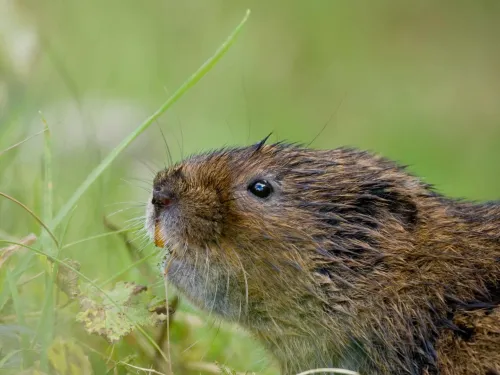
What are chalk streams?
Chalk streams are an ecologically significant freshwater habitat and are globally rare. England holds approximately 85% of the global total with the majority of those dotted around the south, including in Kent.
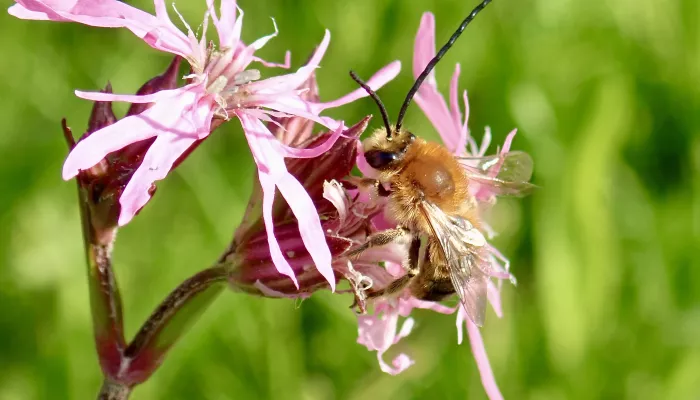
Looking for some last minutes fixes to boost your award and help create a Wilder Kent? Take a look at the tips below for some great last-minute projects this spring!
With May just around the corner, it’s a great time to ‘prepare’ for No Mow May. Lock up the mower and let areas of grass grow long this spring. Wildflowers will bloom and provide a feast for pollinators, help tackle pollution, reduce urban heat extremes, and lock away atmospheric carbon below ground. It couldn’t be simpler! Do something amazing for nature by doing nothing!
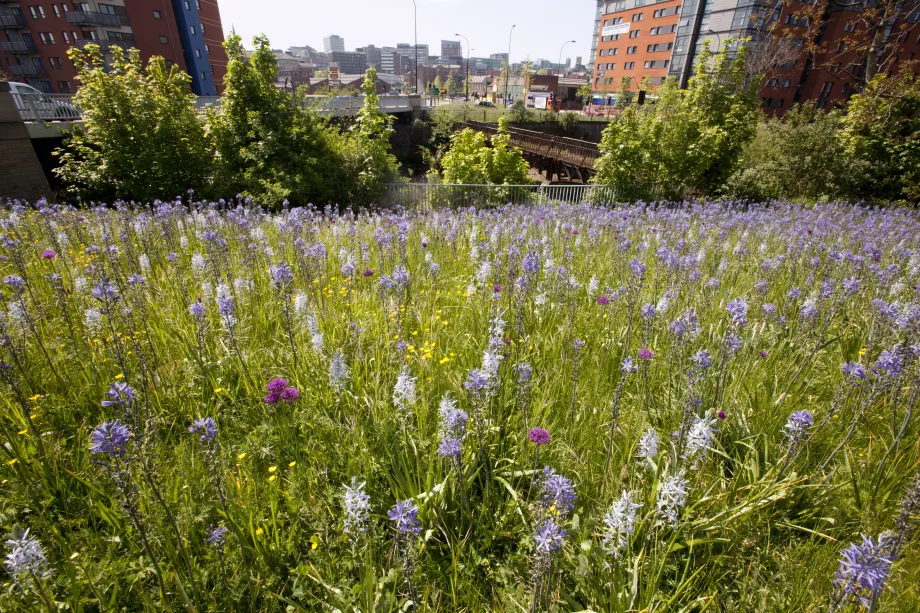
Photo by Paul Hobson. Photo by Paul Hobson
Setting up a school or community garden can be a fun and rewarding project for all involved. With just a little planning, it can be easy to get started. First, choose a nice sunny location for your garden and prepare the soil by removing any weeds, rocks or debris and add some compost or organic matter. Perfect for spring, try planting lettuce, spinach, kale, peas and radishes. These veggies are easy to grow and can be harvested in just a few weeks! With a little TLC, your garden can provide fresh produce for your school and community. So, grab a shovel, get your hands dirty, and get growing!
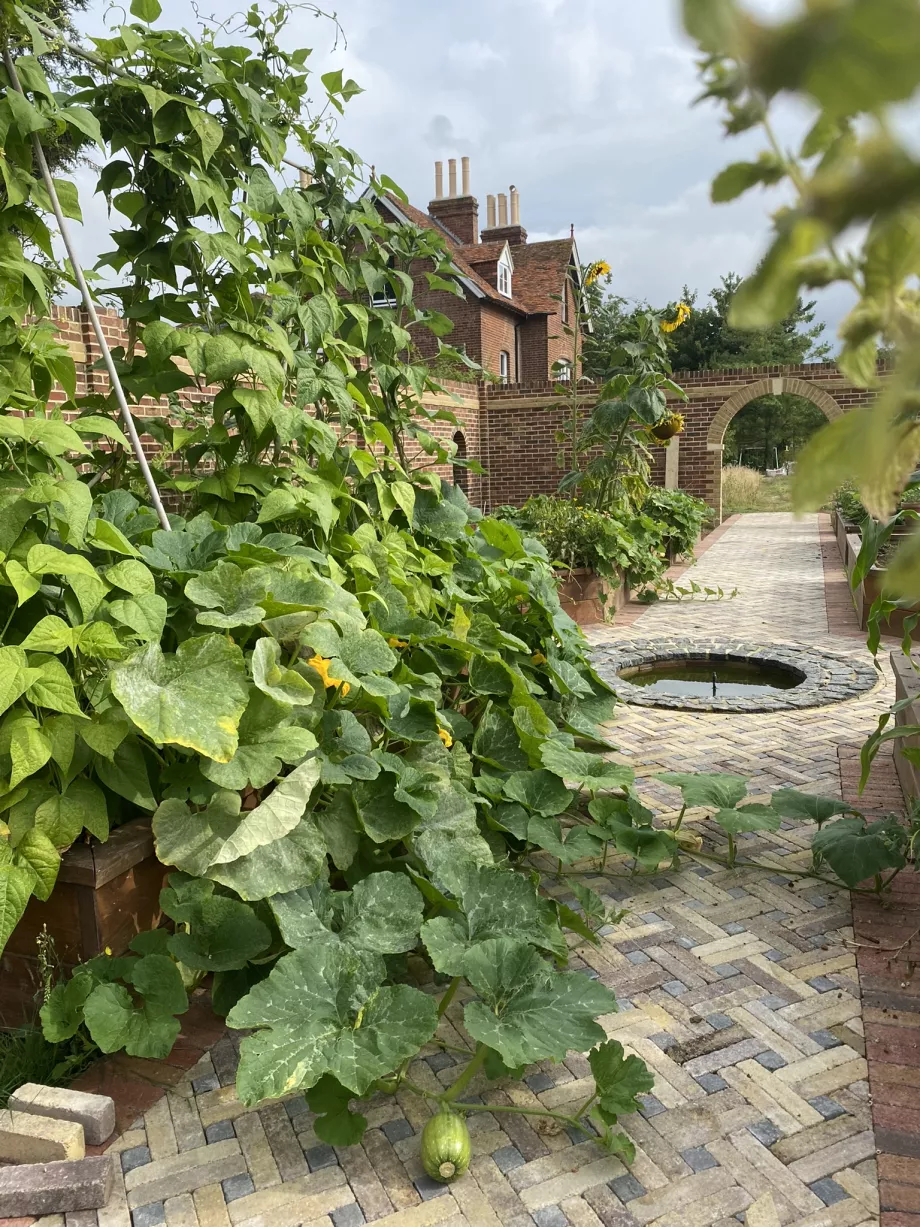
Installing water butts is an effective way to make your grounds more resilient to summers impacted by climate change. By collecting and storing rainwater, you can reduce your reliance on mains water and protect green spaces during dry spells. Water butts are easy to install and come in different sizes to suit different needs. They can be connected to downpipes to collect rainwater from roofs or gutters, which can then be used to water plants, clean equipment or even flush toilets. Not only is this a practical solution, but it can also be a fun and educational activity for all to get involved in!
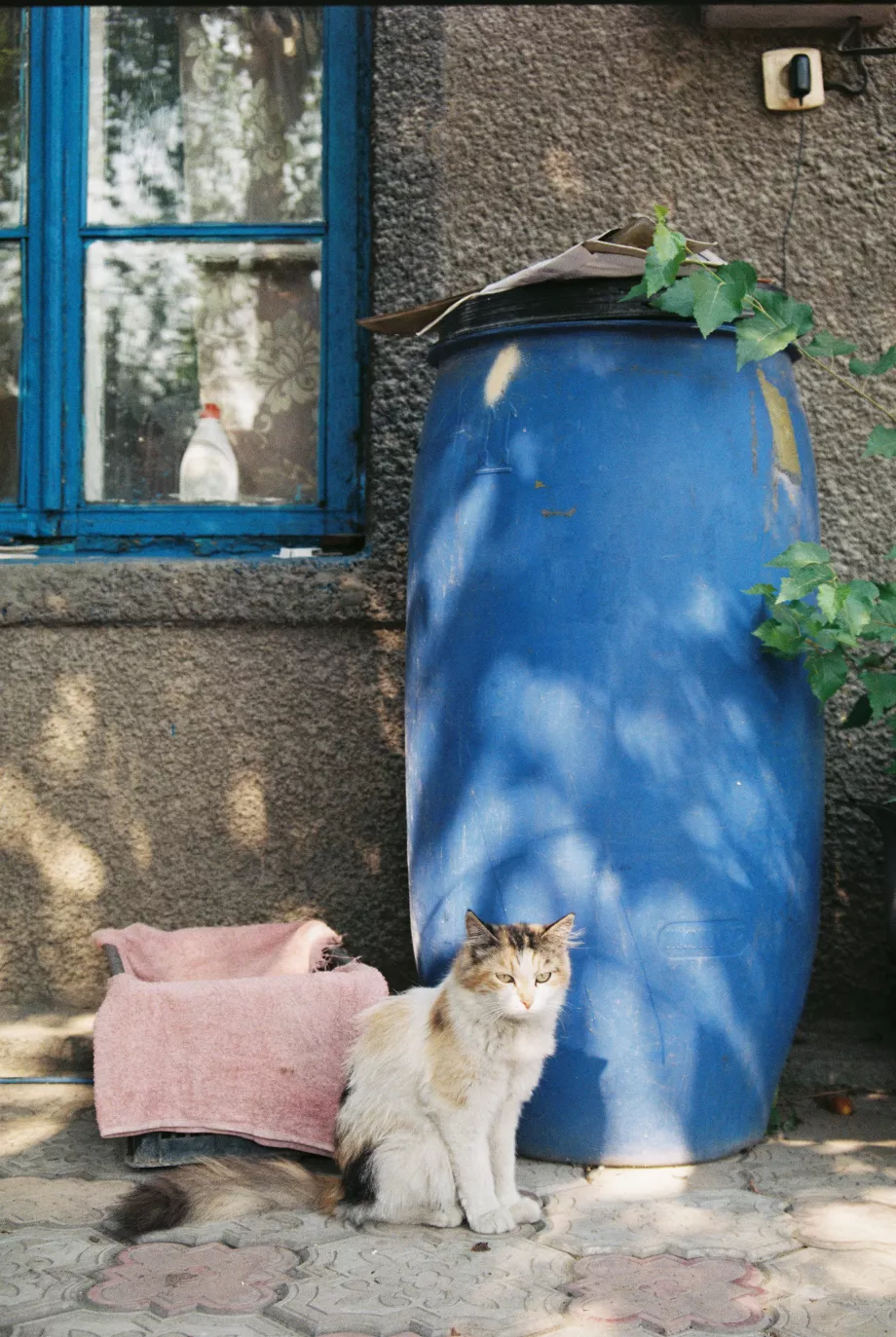
© Diane Serik
Spring is the perfect time to conduct wildlife monitoring surveys. By monitoring wildlife populations, you can contribute valuable data to understand the health of local ecosystems and make informed decisions about your own conservation efforts. Not only is this a great opportunity for students and community members to learn about your local environment and wildlife, but it also provides a chance to contribute to important scientific research. With the arrival of spring, many animals are becoming more active and visible, making it an ideal time to conduct surveys. So, get outside and start monitoring the wildlife in your communities! Why not take part in Bugs Matter, the national citizen science project using insect splats on number plates to understand how our insect populations are faring!
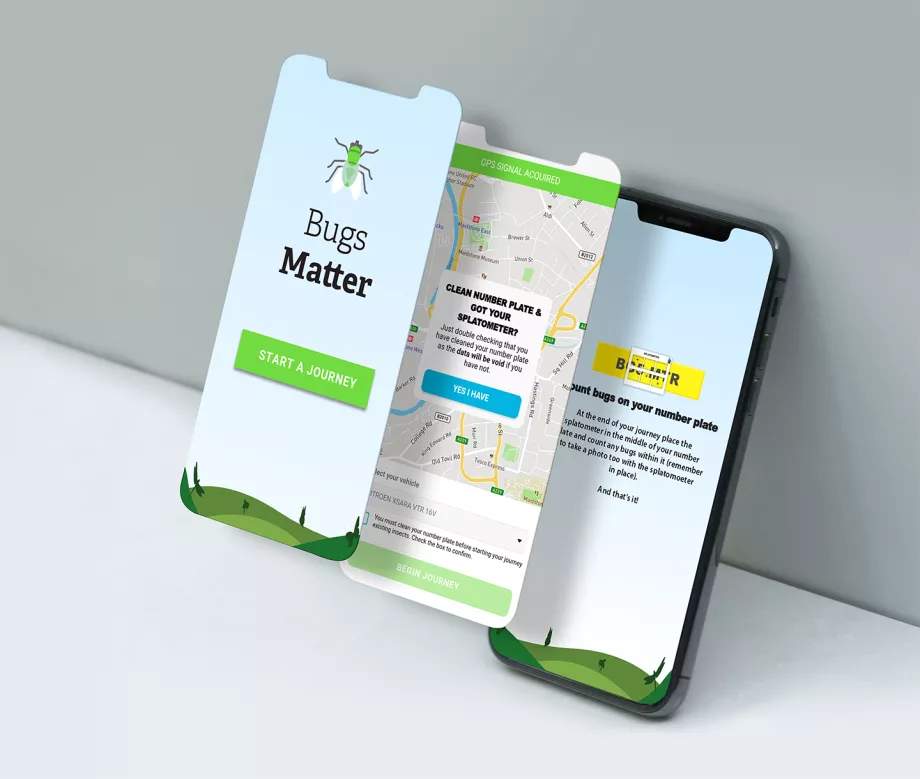
These are just a few ideas for how you can help Kent’s wildlife and educate the next generation of nature-loving enthusiasts. But it doesn’t end there! Come up with your own ideas and involve as many people as you can. Once your group or school is achieving gains for wildlife, why not involve nearby groups and schools and begin to create a network of communities helping us create a Wilder Kent?
So, you’ve applied for the Wilder Kent Awards and received your entry booklet. You’ve been working hard on projects for the past year and feel you’re ready to submit your application for the Wilder Kent Awards 2023. What next?
Once you are ready to submit, you will need to have two things ready for the Wilder Kent Awards marking committee to review as part of your application:
Submission forms:
Your submission form was included in your welcome email and can also be downloaded from here:
| Nurseries submission form | Universities submission form |
| Schools submission form | Community Groups submission form |
| Colleges submission form | Villages, Towns & Cities submission form |
Simply download the appropriate form and begin filling it in, outlining how you have met each of our awards criteria. Try to summarise your work and achievements for each criteria in no more than 250 words. You can then provide further evidence to support your words; this is explained in the “supporting evidence” section below. Only fill in categories which you have completed work towards. Do not worry if you have not met all the categories; just know that everything you have done has helped us to create a Wilder Kent.
Providing suitable supporting evidence is an important part of your awards submission and will help the Wilder Kent Awards marking committee arrive at the correct judgement for your submission. It is important to note that without appropriate evidence, it may not be possible to award marks for some criteria. Your evidence may include:
A top tip would be to create three folders on your computer, one for each of the three Wilder Kent Awards categories: Protect Nature, Sustainability and Carbon Reduction and Engage with Nature. This way, all your evidence is stored in one place and can either be uploaded or ‘dragged and dropped’ into the submission form online.
Once you have filled out your form and gathered your evidence, you are ready to submit. Head over to our online submission page below:
The first page will ask you to fill in your school/organisation details. Please ensure names and spellings are accurate, as these are what will be printed on your certificates.
The next page will allow you to upload your submission form and the subsequent three pages of the form are for your evidence for each of the three categories. Once you have uploaded and clicked submit, you should receive an email confirming that the upload was successful.
Entry to the Wilder Kent Awards 2023 closes on Wednesday 31st May. The Wilder Kent Awards team will then convene to review all submissions and you should hear back from us before the end of June, when all winners will be invited to attend our awards ceremony being held at Tyland Barn, Maidstone, on 15th July 2023. We can’t wait to see you there!

Chalk streams are an ecologically significant freshwater habitat and are globally rare. England holds approximately 85% of the global total with the majority of those dotted around the south, including in Kent.
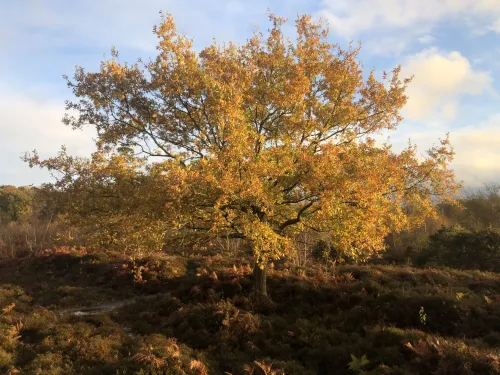
Asked to picture an ancient woodland, our minds conjure thickets of gnarled, towering trees where you could easily slip off the path and find yourself amongst the fellowship on the way to Mordor or perhaps come face to face with a witch. The truth is,…
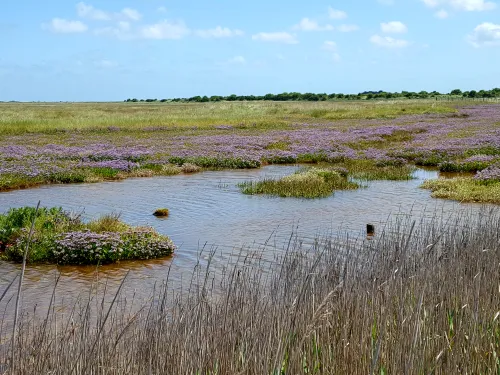
Teacher, campaigner, and member Kerry Sabin-Dawson talks all about her membership journey in this blog.